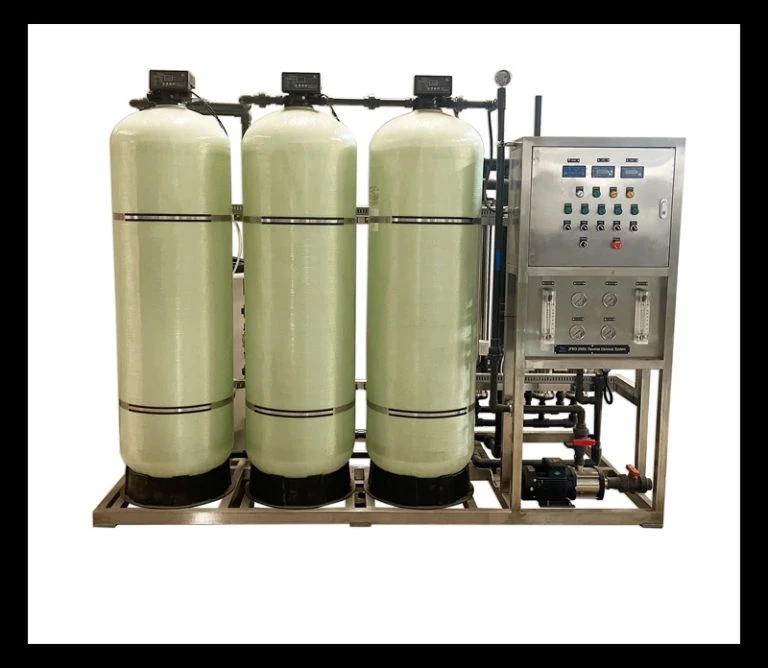 Access to clean and safe drinking water is essential for maintaining health and well-being, and in many households, Reverse Osmosis (RO) water treatment systems have become a popular choice for ensuring high-quality water right from the tap. These systems utilize advanced filtration technology to remove contaminants and impurities, providing households with a reliable source of clean drinking water. Let\'s explore how RO water treatment enhances water quality in residential settings.
Access to clean and safe drinking water is essential for maintaining health and well-being, and in many households, Reverse Osmosis (RO) water treatment systems have become a popular choice for ensuring high-quality water right from the tap. These systems utilize advanced filtration technology to remove contaminants and impurities, providing households with a reliable source of clean drinking water. Let\'s explore how RO water treatment enhances water quality in residential settings.
RO water treatment systems work by passing water through a semi-permeable membrane, which effectively removes dissolved solids, chemicals, bacteria, and other contaminants. This process ensures that the water produced is free from harmful substances, resulting in improved taste, odor, and clarity. Additionally, RO systems can effectively remove common contaminants found in municipal water supplies, such as chlorine, lead, arsenic, and fluoride, providing peace of mind to homeowners concerned about water quality.
One of the primary benefits of RO water treatment for residential use is its ability to deliver clean and safe drinking water directly to the tap. Unlike bottled water or traditional filtration pitchers, RO systems provide a continuous supply of purified water without the need for storage or transportation. This not only saves money and reduces plastic waste but also ensures that households have access to clean water at all times, promoting hydration and overall health.
Furthermore, RO water treatment systems are relatively easy to install and maintain, making them a convenient option for homeowners seeking to improve their water quality. Most systems can be installed under the kitchen sink or in a utility area, requiring minimal space and plumbing modifications. Once installed, RO systems typically require periodic filter replacement and basic maintenance to ensure optimal performance. This simplicity and ease of use make RO water treatment a practical solution for households of all sizes.
In addition to providing clean drinking water, RO systems can also enhance the quality of water used for cooking, cleaning, and other household activities. By removing contaminants and impurities, RO-treated water can produce better-tasting food and beverages, cleaner dishes and laundry, and reduce the buildup of mineral deposits in appliances and plumbing fixtures. This holistic approach to water quality improves overall household hygiene and comfort, contributing to a healthier and more enjoyable living environment.
In conclusion, RO water treatment systems offer an effective and convenient solution for enhancing water quality in residential settings. By removing contaminants and impurities, these systems provide households with clean and safe drinking water straight from the tap. With their ease of installation, low maintenance requirements, and multiple benefits for home water quality, RO systems are a practical choice for homeowners seeking to improve their water supply and promote health and well-being for themselves and their families.
Author resource:-
Lee Wood writes about sustainable and scalable water and wastewater treatment solutions. You can find his thoughts at water filtration systems blog.

